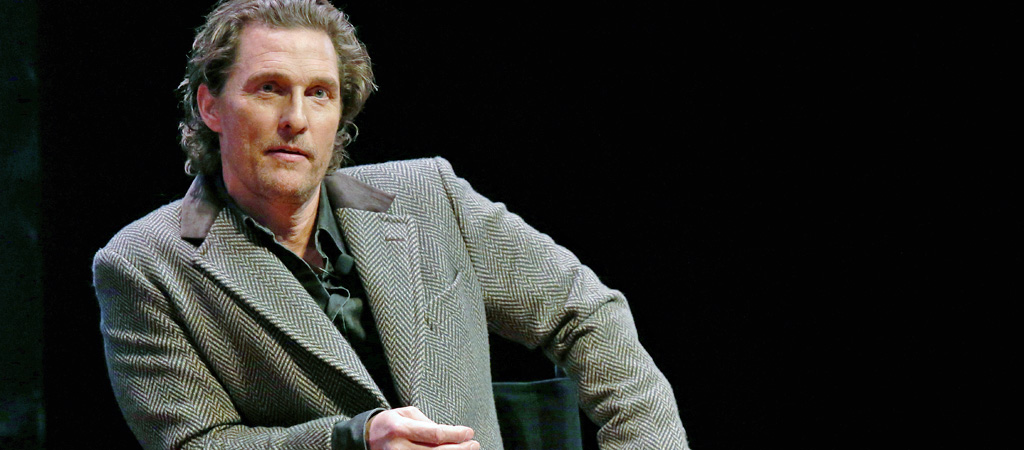
Matthew McConaughey is reportedly weighing a run for governor in Texas. The actor has flirted with the idea of political office in the past, but this time he seems to be heavily considering a run as the next chapter in his life. While talking to Houston’s “The Balanced Voice” on Wednesday, McConaughey was asked about his gubernatorial aspirations, and he said, “It’s a true consideration.” The discussion came about while promoting his new memoir Greenlights, which has put the Magic Mike star in a contemplative mood over how he can help the next generation. Via The Hill:
“I’m looking into now again, what is my leadership role?” said McConaughey, 51. “Because I do think I have some things to teach and share, and what is my role? What’s my category in my next chapter of life that I’m going into?” he added.
While McConaughey hasn’t specified when he’s looking to run, his potential run arrives on the heels of turmoil in Texas. The state was recently blanketed by a massive winter storm that left millions of citizens stranded without electricity and water for days as the state power grid literally froze up. As the power restored, Texans found themselves saddled with $17,000 electric bills, which only further highlighted the problems with Texas deregulated power infrastructure. Following the storm, Governor Greg Abbott put an even larger target on his back by ending all mask mandates and re-opening Texas “100-percent” while the pandemic is still ongoing.
Abbott is up for re-election in 2022, but again, it’s unclear if McConaughey is aiming to challenge him that earlier. However, the actor has been laying the groundwork for a serious run. He’s deeply involved in high school and college sports, which are practically a religion in Texas, and he’s been hosting virtual Bingo games for seniors during the quarantine. You know who rely shows up to vote every election? Seniors. McConaughey has also dipped his toes into distancing himself from Hollywood liberals by calling out “cancel culture,” which could further endear him to Texas’ predominantly conservative voters.
(Via The Hill)
